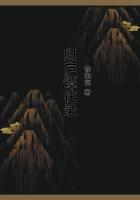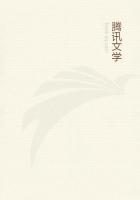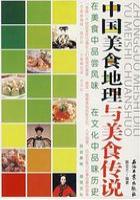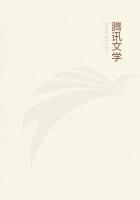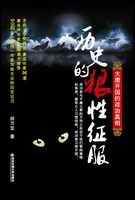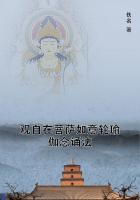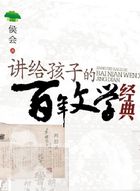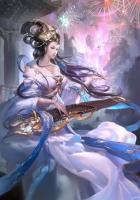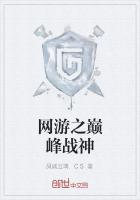LORD NOVGOROD THE GREAT
Departure from Ivanofka and Arrival at Novgorod--The Eastern Half of the Town--The Kremlin--An Old Legend--The Armed Men of Rus--The Northmen--Popular Liberty in Novgorod--The Prince and the Popular Assembly--Civil Dissensions and Faction-fights-- The Commercial Republic Conquered by the Muscovite Tsars--Ivan the Terrible--
Present Condition of the Town--Provincial Society--Card-playing--
Periodicals--"Eternal Stillness."
Country life in Russia is pleasant enough in summer or in winter, but between summer and winter there is an intermediate period of several weeks when the rain and mud transform a country-house into something very like a prison. To escape this durance vile I
determined in the month of October to leave Ivanofka, and chose as my headquarters for the next few months the town of Novgorod--the old town of that name, not to be confounded with Nizhni Novgorod--
i.e., Lower Novgorod, on the Volga--where the great annual fair is held.
For this choice there were several reasons. I did not wish to go to St. Petersburg or Moscow, because I foresaw that in either of those cities my studies would certainly be interrupted. In a quiet, sleepy provincial town I should have much more chance of coming in contact with people who could not speak fluently any West-European languages, and much better opportunities for studying native life and local administration. Of the provincial capitals, Novgorod was the nearest, and more interesting than most of its rivals; for it has had a curious history, much older than that of St. Petersburg or even of Moscow, and some traces of its former greatness are still visible. Though now a town of third-rate importance--a mere shadow of its former self--it still contains about 21,000 inhabitants, and is the administrative centre of the large province in which it is situated.
About eighty miles before reaching St. Petersburg the Moscow railway crosses the Volkhof, a rapid, muddy river which connects Lake Ilmen with Lake Ladoga. At the point of intersection I got on board a small steamer and sailed up stream towards Lake Ilmen for about fifty miles. The journey was tedious, for the country was flat and monotonous, and the steamer, though it puffed and snorted inordinately, did not make more than nine knots. Towards sunset Novgorod appeared on the horizon. Seen thus at a distance in the soft twilight, it seemed decidedly picturesque. On the east bank lay the greater part of the town, the sky line of which was agreeably broken by the green roofs and pear-shaped cupolas of many churches. On the opposite bank rose the Kremlin. Spanning the river was a long, venerable stone bridge, half hidden by a temporary wooden one, which was doing duty for the older structure while the latter was being repaired. A cynical fellow-passenger assured me that the temporary structure was destined to become permanent, because it yielded a comfortable revenue to certain officials, but this sinister prediction has not been verified.
The journey would now be made by rail, but the branch line which runs near the bank of the river had not been constructed at that time.
That part of Novgorod which lies on the eastern bank of the river, and in which I took up my abode for several months, contains nothing that is worthy of special mention. As is the case in most Russian towns, the streets are straight, wide, and ill-paved, and all run parallel or at right angles to each other. At the end of the bridge is a spacious market-place, flanked on one side by the Town-house. Near the other side stand the houses of the Governor and of the chief military authority of the district. The only other buildings of note are the numerous churches, which are mostly small, and offer nothing that is likely to interest the student of architecture. Altogether this part of the town is unquestionably commonplace. The learned archaeologist may detect in it some traces of the distant past, but the ordinary traveller will find little to arrest his attention.
If now we cross over to the other side of the river, we are at once confronted by something which very few Russian towns possess--a kremlin, or citadel. This is a large and slightly-elevated enclosure, surrounded by high brick walls, and in part by the remains of a moat. Before the days of heavy artillery these walls must have presented a formidable barrier to any besieging force, but they have long ceased to have any military significance, and are now nothing more than an historical monument. Passing through the gateway which faces the bridge, we find ourselves in a large open space. To the right stands the cathedral--a small, much-
venerated church, which can make no pretensions to architectural beauty--and an irregular group of buildings containing the consistory and the residence of the Archbishop. To the left is a long symmetrical range of buildings containing the Government offices and the law courts. Midway between this and the cathedral, in the centre of the great open space, stands a colossal monument, composed of a massive circular stone pedestal and an enormous globe, on and around which cluster a number of emblematic and historical figures. This curious monument, which has at least the merit of being original in design, was erected in 1862, in commemoration of Russia's thousandth birthday, and is supposed to represent the history of Russia in general and of Novgorod in particular during the last thousand years. It was placed here because Novgorod is the oldest of Russian towns, and because somewhere in the surrounding country occurred the incident which is commonly recognised as the foundation of the Russian Empire. The incident in question is thus described in the oldest chronicle:

